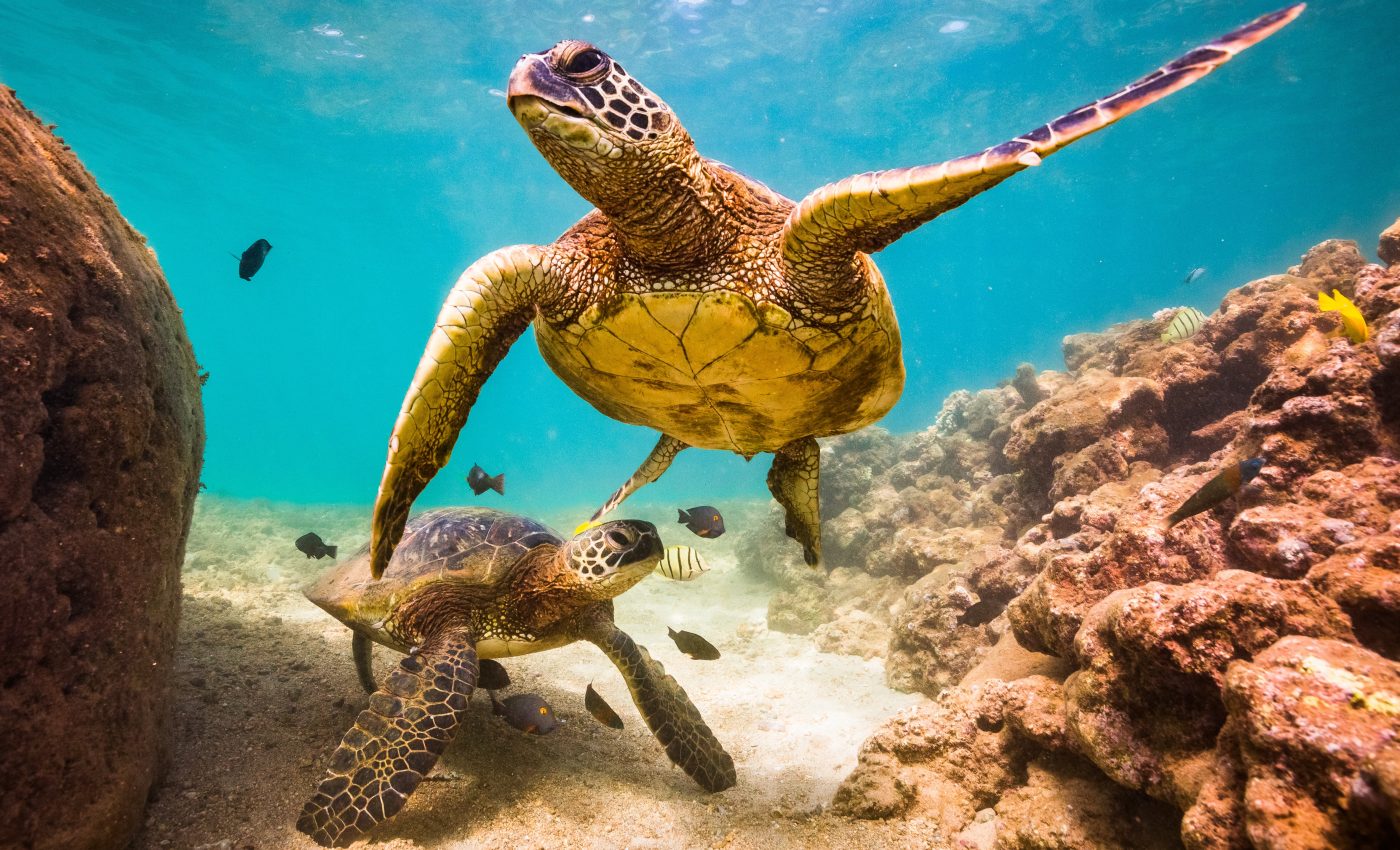
Sea turtles will lose habitats due to climate change and coastal development
Sea turtles will lose habitats due to climate change and coastal development. Some sea turtles will lose a significant amount of suitable nesting habitat in the United States due to the pressures of climate change and coastal development. Researchers led by Florida State University found that even in areas that will remain or become suitable despite climate change, increased development will make it difficult for sea turtles to adapt.
Study lead author Mariana Fuentes is an assistant professor of Oceanography in the FSU Department of Earth, Ocean and Atmospheric Science.
“A reduction in available nesting habitat coupled with the pressures associated with coastal development could likely have detrimental impacts on the reproductive output of sea turtle nesting areas in the U.S. and population stability,” said Professor Fuentes.
The researchers used computer models to simulate future climate and sea-level conditions on the East Coast through 2050 to estimate the suitable coastal habitats for loggerhead, green, and leatherback sea turtle nesting,
The results varied across different regions, but the overall outcome was the same – decreasing suitable nesting grounds accompanied by increasing pressure from coastal development.
Loggerhead turtles will see a decrease of about 10 percent in suitable nesting areas in Florida, South Carolina, and North Carolina. Green turtles will see some improved nesting habitat in southwest Florida, but less suitable habitat elsewhere. Meanwhile, leatherback turtles will not experience major changes in the availability of suitable areas through 2050.
Sea turtles need certain climate conditions for egg incubation, but will face shifting temperatures and levels of precipitation at climate change. The study showed that about 80 percent of habitat that will have a suitable climate for nesting will be submerged by sea level rise. Sea turtles will lose habitats due to climate change and coastal development
The researchers also found that sea level rise will more than compensate for the area it submerges by creating new beaches. In most of these areas, however, coastal development will impact how well the sea turtles function at their nesting sites.
The team identified a few regions in North and South Carolina that are projected to have high climate suitability for sea turtle egg incubation, little risk from sea-level rise, and no substantial housing growth. Pinpointing these optimal nesting habitats could inform management and conservation policies.
In places where coastal development is expected to add pressure to sea turtles, management strategies are needed to help minimize the impacts of human activity. These strategies could include turtle-friendly lighting, beach debris removal, and the protection of nesting areas.
“Sea turtles have existed for millions of years, and they have persisted through dramatic changes in climate in the past,” said Professor Fuentes. “They have the ability to adapt to changing conditions, but coastal development and the unprecedented speed of current climate change are things they have never had to deal with, which may hinder their ability to adapt to the future.”
The study is published in the journal Regional Environmental Change.
—
By Chrissy Sexton, Earth.com Staff Writer













